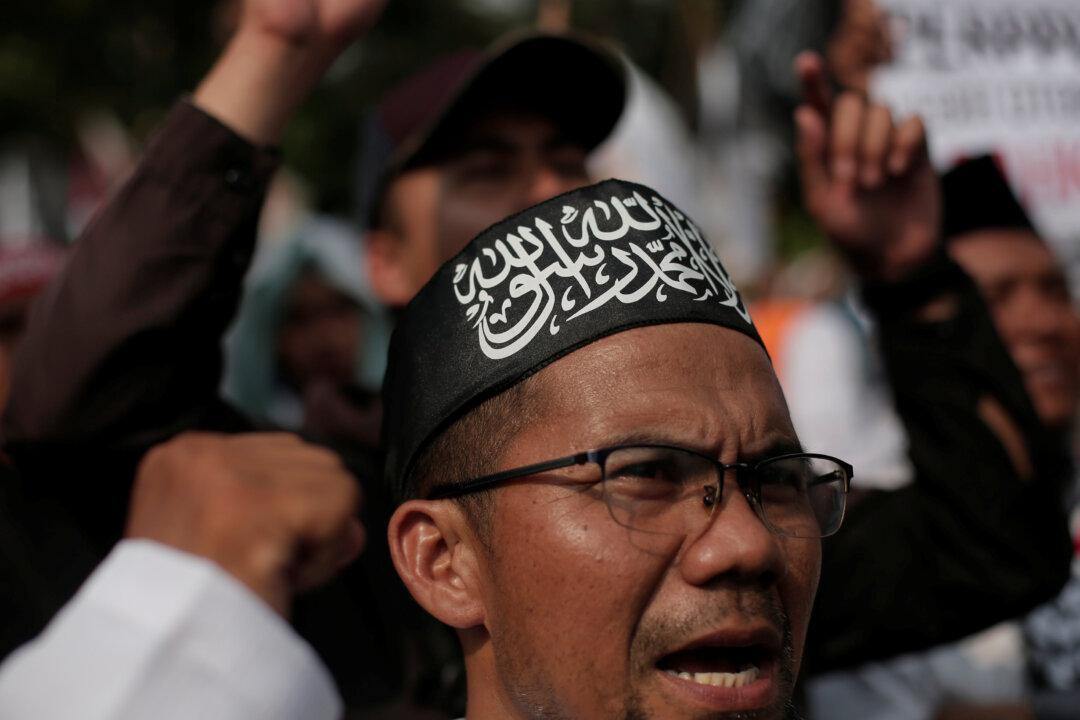NUSA DUA, Indonesia—When students at Indonesia’s prestigious Institute of Agricultural Studies swore an oath to support a caliphate in the world’s largest Muslim-majority country last year, a video of the event went viral and the government grew alarmed.
Months later, Indonesian President Joko Widodo banned the decades-old hardline group Hizb ut-Tahrir Indonesia (HTI), which organized the student pledge, and declared its goal to set up a caliphate was incompatible with the Indonesian constitution and could threaten security.





